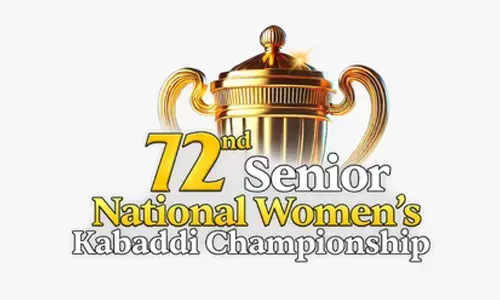Eat turmeric to boost memory and mood

Turmeric is a superfood and has myriads of health benefits including boosting your memory and uplifting your mood, according to a study.
London [UK]: Turmeric is a superfood and has myriads of health benefits including boosting your memory and uplifting your mood, according to a study.
Found in turmeric, curcumin is hailed as an anti-inflammatory with antioxidant properties, and it has also been suggested as a possible reason that senior citizens in India - where curcumin is somewhat of a staple - have lower rates of Alzheimer's disease and better cognitive performance.
The research conducted by the University of California Los Angeles set out to examine the effects of the ingredient on people with mild, age-related memory loss.
"Exactly how curcumin exerts its effects is not certain, but it may be due to its ability to reduce brain inflammation, which has been linked to both Alzheimer's disease and major depression," said Dr. Gary Small, study author.
The 40 participants were aged between 50 and 90-years-old and all presented with mild memory complaints.
Half of them were assigned 90 milligrams of curcumin twice daily for 18 months, while the rest were given a placebo.
After monitoring curcumin levels in their blood and undergoing cognitive assessments and PET scans, the study found that those who took curcumin saw significant improvement in both memory and mood.
In memory tests, the people taking curcumin improved by 28 percent over the 18 months and also showed mild improvement in their overall disposition.
Now, the researchers plan to conduct a follow-up study with a larger number of participants.
They also hope to explore whether its effects vary according to people's age or their genetic risk for Alzheimer's, and it's potential to help with mild depression.
"These results suggest that taking this relatively safe form of curcumin could provide meaningful cognitive benefits over the years," Small concluded.
The study has been published in the American Journal of Geriatric Psychiatry.














